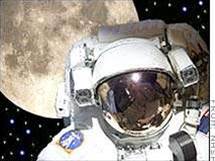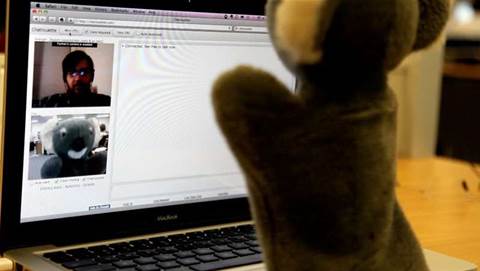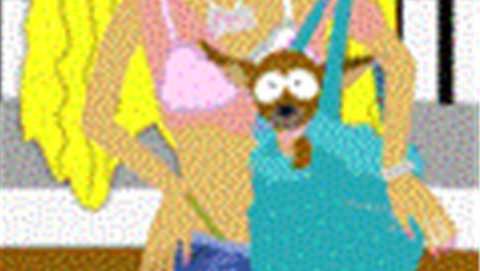
The extensive list of topics ranges from Heliophysics to Human Health, and covers leisure activities to help lunar settlers pass the time.
Nasa's objective is to "provide activities, in the form of arts, entertainment and recreation, for people living on and visiting the Moon. Pastimes may consist of activities similar to Earth entertainment, such as TV, movies, music and books."
The space agency suggested that settlers will eventually be able to take advantage of the lunar environment for unique activities such as "one-sixth gravity sports and games".
"Physical sports and games can be designed to materially enhance and benefit specific aspects of physical fitness, strength and endurance that will benefit the health and productivity of long-duration lunar explorers," said Nasa.
Jeff Volosin, lead global exploration strategy manager at Nasa, told Times Online: "If you had a large, pressurised habitat, people could take advantage of the low-gravity environment by attaching wings to themselves and flying about."
Volosin suggested that the Moon could be a good location for the study of radio astronomy and high-energy solar wind particles.
It would also be useful to study cosmic rays from deep space, as the effect of the Earth's magnetic field and radio noise would be negated.
Nasa intends to send astronauts back to the Moon no later than 2020 and to have a permanent base set up by 2024.



.png&h=140&w=231&c=1&s=0)
_(22).jpg&h=140&w=231&c=1&s=0)




_(26).jpg&w=100&c=1&s=0)
 iTnews Executive Retreat - Security Leaders Edition
iTnews Executive Retreat - Security Leaders Edition











_(1).jpg&h=140&w=231&c=1&s=0)



